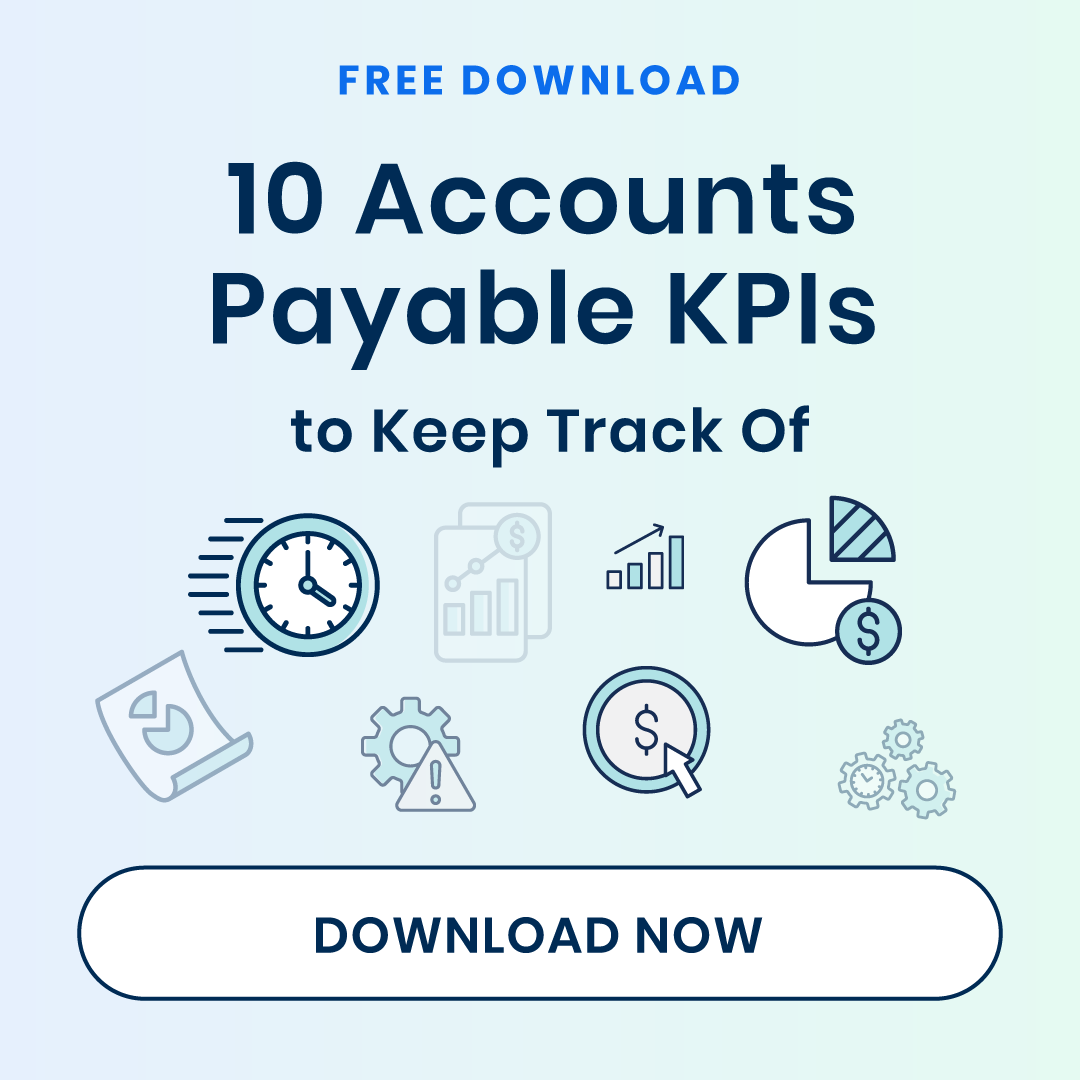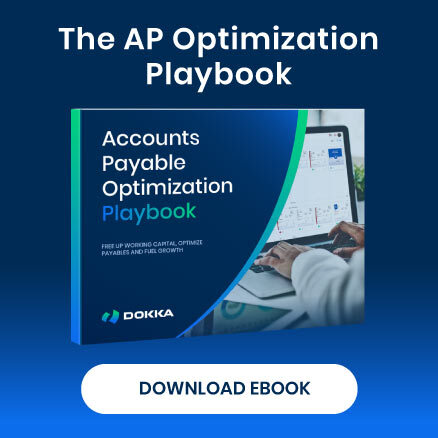Trintech is a global leader in financial close and reconciliation solutions, offering software designed to streamline and optimize financial close processes. Catering to businesses of all sizes—from mid-market companies to global enterprises—Trintech provides tools to meet diverse organizational needs.
Its flagship solutions, Cadency and Adra, deliver advanced capabilities in account reconciliation, financial close automation, compliance, and risk management.
Trusted by thousands of organizations across industries, Trintech is dedicated to helping businesses achieve a more streamlined, reliable, and efficient financial close process. But what is the cost of these advanced solutions? And what features can you expect from Trintech’s platform?
Quick Overview of Trintech Pricing
Trintech follows a subscription-based pricing model, with costs influenced by factors such as organization size, the number of users, and the specific modules or solutions selected. Like many enterprise-grade platforms, Trintech does not publicly disclose its pricing, instead providing custom quotes tailored to individual business needs. But with the wide range of modules available, the total cost can quickly add up.
For a more cost-effective solution with quicker implementation, DOKKA Close offers a compelling alternative. It is particularly well-suited for mid-sized businesses that require robust automation capabilities at a more affordable price.
Trintech Pricing Breakdown
Since Trintech’s pricing is based on specific business requirements, it’s important to understand which modules and features can influence the cost. These modules can be bundled together or purchased individually, depending on the organization’s needs. As more modules and advanced functionalities are added, the overall cost increases. Additionally, factors like the number of users and the level of customization required will impact the final price.
Key Features of Trintech’s Financial Process Automation:
- Account Reconciliations: Trintech’s account reconciliation feature automates and standardizes the reconciliation process, reducing manual effort and ensuring accuracy. It provides real-time tracking of reconciliation statuses.
- Transaction Matching: This feature efficiently handles high volumes of matching transactions from various sources, such as bank statements or intercompany transactions. By automating comparisons and flagging discrepancies, it reduces the time spent during the close process.
- Journal Entry Automation: Trintech automates the creation, posting, and approval workflows for journal entries, eliminating time-intensive manual processes. This feature is valuable for organizations with a high volume of journal entries, with costs scaling based on the complexity and volume of entries processed.
- Close Task Management: The close task module provides a centralized platform for managing workflows and tasks during the close process. Pricing for this feature may depend on the number of users and integration with other tools in the organization’s tech stack.
- Audit Management: Trintech simplifies audit preparation by centralizing all relevant documentation and ensuring compliance with regulatory standards. Features include audit trail tracking and evidence management to streamline the audit process.
- Reporting and Analytics: Trintech offers real-time reporting and analytics tools to provide insights into the close process. These tools help teams identify bottlenecks and areas for improvement, contributing to more efficient operations.
- Financial Consolidation and Close: For enterprises operating across multiple entities or regions, Trintech’s financial consolidation capabilities are useful. The platform automates the consolidation of financial data from various sources, ensuring accuracy and compliance with global standards.
Trintech Platforms
Trintech platforms are comprehensive systems that integrate and deliver key financial close features, offering tailored solutions for organizations of varying sizes and complexities. While Trintech provides multiple offerings, we will focus on its two primary platforms:
- Adra
- Cadency
1) Adra
Adra is tailored for mid-market organizations seeking a streamlined financial close process. It provides essential functionalities such as account reconciliation, transaction matching, and reporting.
Compared to Cadency, Adra is simpler, more intuitive, and faster to implement. It is ideal for businesses looking to automate their financial processes without the extensive complexity or costs associated with enterprise-grade solutions. By prioritizing simplicity and ease of use, Adra serves teams that require core functionality without being burdened by excessive features.
Adra is also more cost-effective and accessible for smaller teams, making it a popular choice for mid-sized organizations.
2) Cadency
Cadency is designed for large enterprises with complex financial structures and global operations. It delivers a comprehensive suite of automation and control solutions for the financial close process, including account reconciliation, transaction matching, and journal entry automation.
Cadency integrates seamlessly with major ERP systems and offers advanced analytics capabilities, making it a good choice for multinational corporations with stringent compliance and reporting requirements.
Due to its extensive features, robust integration capabilities, and advanced analytics, Cadency typically involves higher costs and longer implementation timelines.
Trintech Pricing Models
Trintech’s pricing models are highly customizable and subscription-based, with exact pricing available upon request.
The platform uses a tiered pricing structure that depends on factors such as company size and complexity. Larger organizations with intricate financial systems are likely to incur higher costs, especially if they require additional licenses, integrations, or advanced features.
One of the key advantages of Trintech’s platform is its modular design, which allows businesses to select only the tools they need. But as companies scale and require additional functionality, costs can increase accordingly.
Custom Pricing Considerations
While Trintech’s pricing varies based on specific requirements, several standard factors influence the overall cost:
- Type of solution: The size and complexity of your company’s financial operations play a major role in pricing. Enterprises with complex processes or global operations will typically face higher implementation and subscription fees.
- Number of users: Costs can scale with the number of users requiring access to the system, making it important to consider the size of your finance team when budgeting.
- Integration needs: Custom integrations with ERP systems or other tools can contribute to additional costs, especially for organizations with unique or complex system requirements.
Trintech Alternatives
For companies exploring alternatives to Trintech, several options cater to different budgets and business sizes. Solutions like FloQast focus primarily on workflow management and task automation, while platforms such as BlackLine and OneStream offer highly advanced automation and integration capabilities—though often at a premium price point.
For mid-sized businesses seeking robust automation without the extensive customization and higher costs of Trintech, DOKKA Close provides a compelling alternative. Combining AI-powered automation with an intuitive interface, DOKKA is an excellent choice for teams looking to save on both costs and implementation time.
Feature Comparison
Trintech:
Best suited for large enterprises with complex financial operations, Trintech provides an extensive suite of tools to automate the entire financial close process. However, its significant costs and longer implementation timelines may not align with the needs of smaller businesses.
DOKKA Close:
Offers a more affordable solution with faster implementation, focusing on automating critical tasks like document processing and account reconciliation. DOKKA’s unified platform integrates accounts payable and financial close automation, delivering exceptional value and a smoother process for mid-sized organizations.
Which Financial Close Automation Solution Is Right for You?
While Trintech is a powerful choice for large enterprises requiring extensive functionality and customization, smaller teams or companies with limited budgets may find its pricing and implementation timeline less suitable.
For businesses seeking a cost-effective and user-friendly alternative, DOKKA Close offers:
- AI-Powered Automation: Enhance efficiency with intelligent automation.
- Unified Platform: Combine accounts payable and financial close processes for improved data integrity.
- Cost-Effectiveness: Access advanced features without the high costs typically associated with enterprise-level solutions.
- Quick Setup: Implement the platform in weeks rather than months.
Key Takeaway: Striking the Balance Between Pricing and Features
Trintech offers a comprehensive suite of financial close solutions designed to help large-scale organizations automate and optimize their accounting processes. While it remains a top choice for enterprises with complex financial needs, Trintech’s costs and extensive setup requirements may not suit every business.
Mid-sized teams seeking a balance of functionality, affordability, and ease of use might find DOKKA Close a more fitting option. It delivers robust automation and seamless integration without the high price tag or lengthy implementation timeline associated with enterprise-level solutions.
Disclaimer:
All information presented about third-party products, pricing, or features is based on publicly available sources at the time of writing and is intended for general informational purposes only. DOKKA makes no representations or warranties regarding the accuracy, completeness, or currentness of competitor data. All trademarks and brand names are the property of their respective owners.
We encourage readers to verify details with the respective vendors before making any purchasing decisions.




